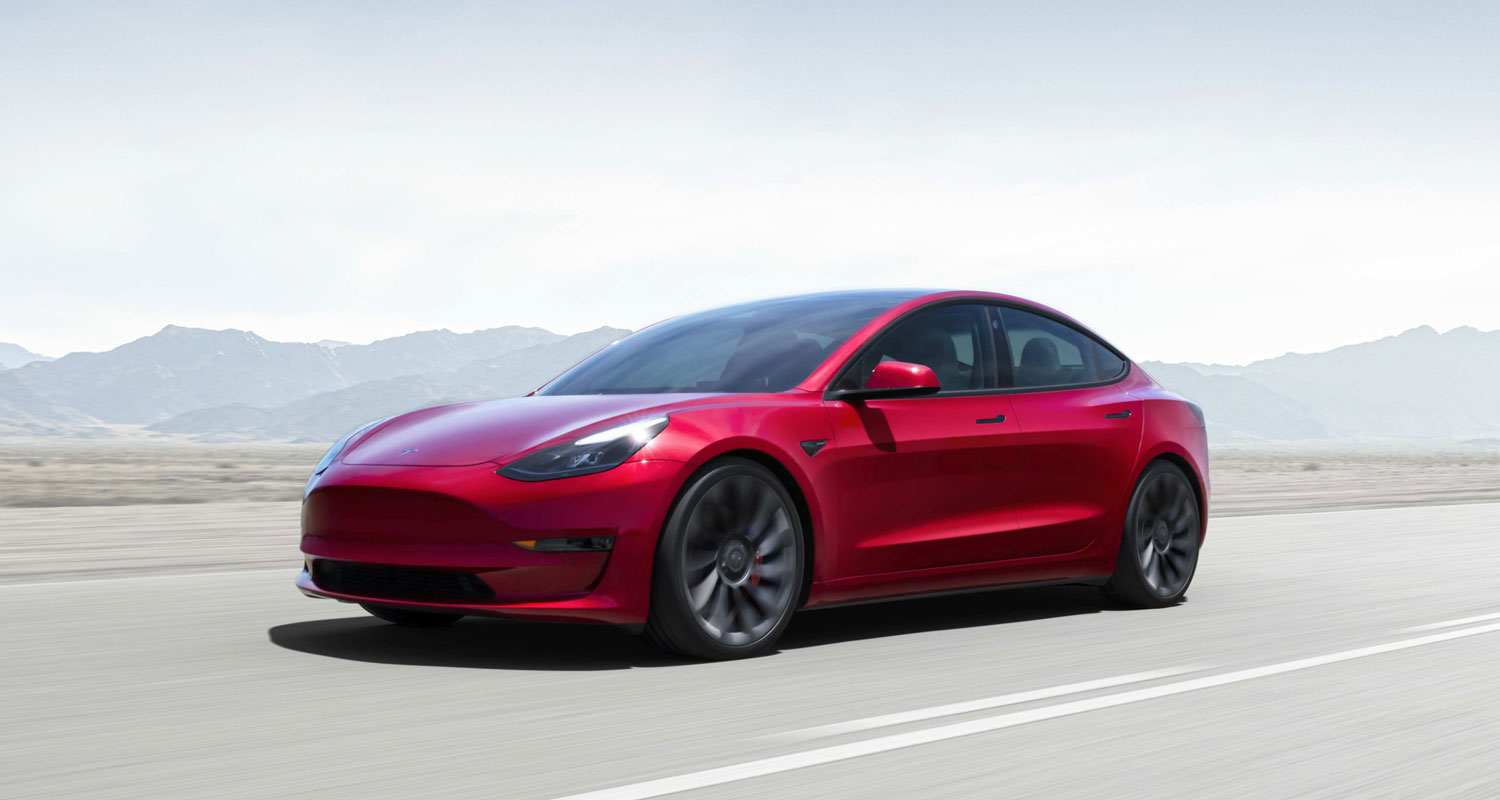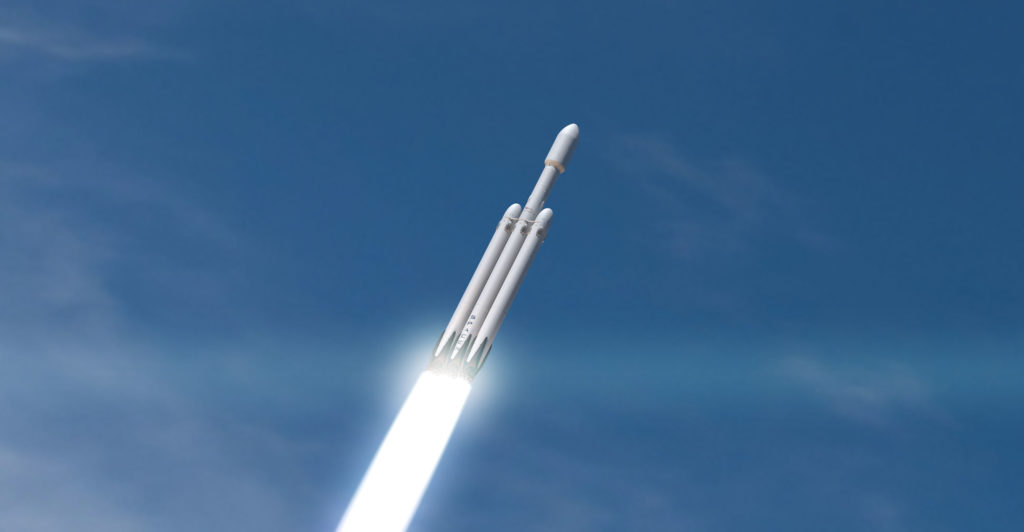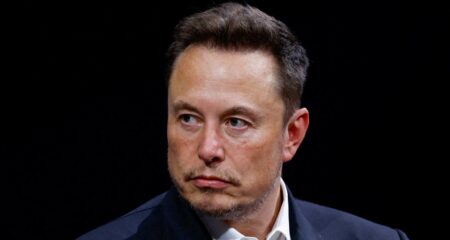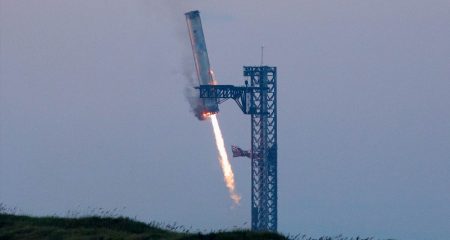
Tesla’s supercomputer, which it uses to train AI models for autonomous cars, could give the electric vehicle maker an “asymmetric advantage” and boost its market capitalisation by nearly US$600-billion, or 76%, Morgan Stanley estimated.
Tesla started production of the supercomputer, called Dojo, in July and plans to spend more than $1-billion through to next year on its development.
Dojo can open up new addressable markets that “extend well beyond selling vehicles at a fixed price”, Morgan Stanley analysts, led by Adam Jonas, said in a note published on Sunday.
“If Dojo can help make cars ‘see’ and ‘react’, what other markets could open up? Think of any device at the edge with a camera that makes real-time decisions based on its visual field,” Jonas said.
The Wall Street brokerage upgraded its recommendation on Tesla’s stock to “overweight” from “equal-weight” and made it its “top pick”, replacing Ferrari’s US-listed shares. Tesla shares were up nearly 5% at $260.35 in pre-market trading.
Morgan Stanley raised its 12-18 month target on the shares by 60% to $400 — the highest among Wall Street brokerages — which, it estimated, would give the EV maker a market capitalisation of about $1.4-trillion. That compares with its current market value of about $789-billion, after the stock closed at $248.5 on Friday.
Jonas expects Dojo to drive the most value in software and services.
Tesla network services
The analyst raised his estimate for revenue from Tesla’s network services business to $335-billion in 2040, from previous forecast of $157-billion. Jonas expects the unit to account for more than 60% of core earnings by 2040, nearly doubling from 2030.
Read: Tesla builds first Cybertruck after two years of delays
“This increase is largely driven by the emerging opportunity we see in third-party fleet licensing, increased Arpu (average monthly revenue per user).” — Roshan Abraham and Susan Mathew, (c) 2023 Reuters




